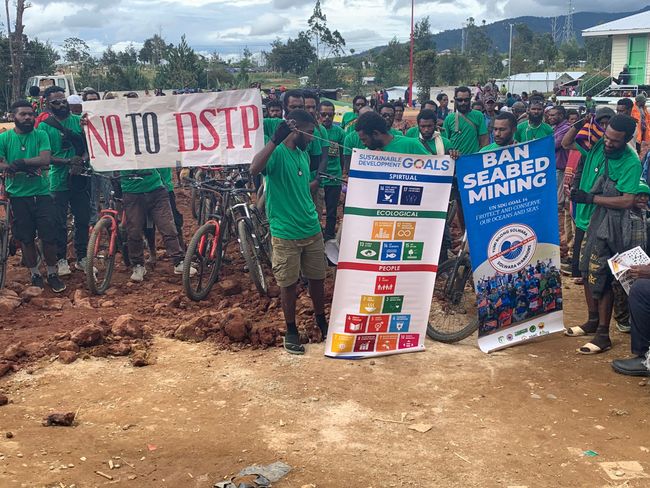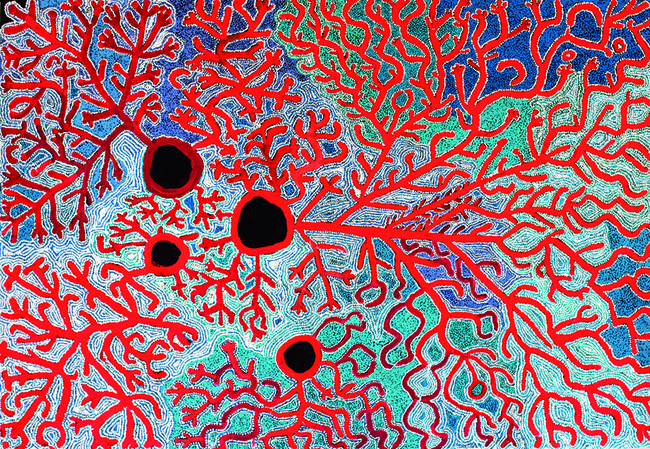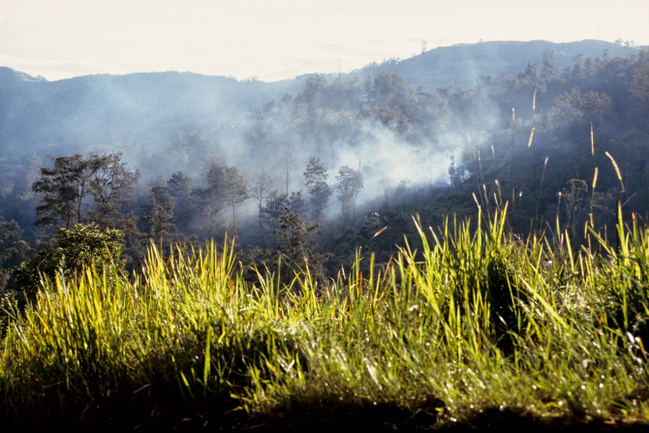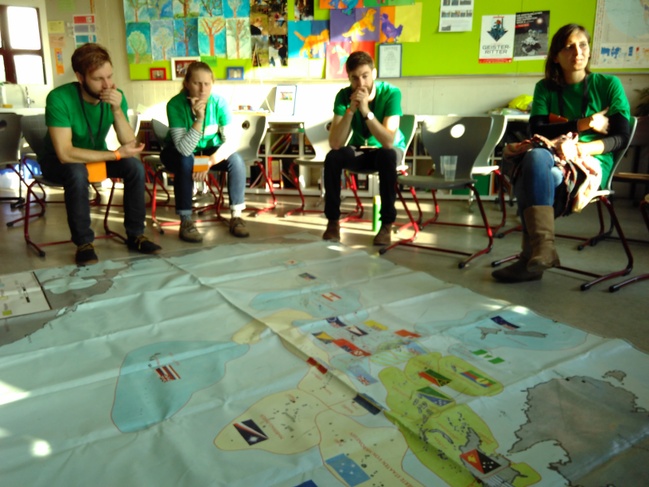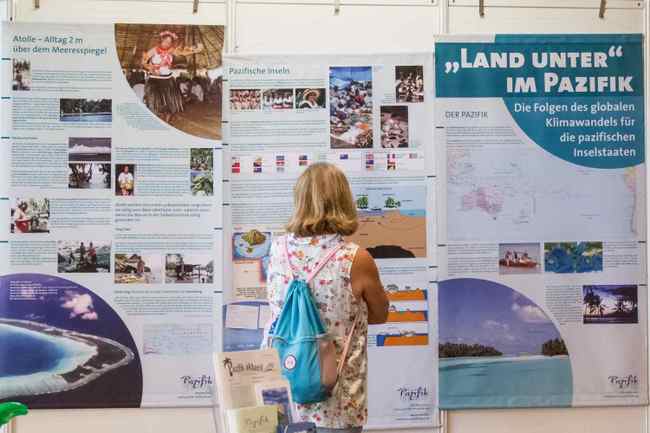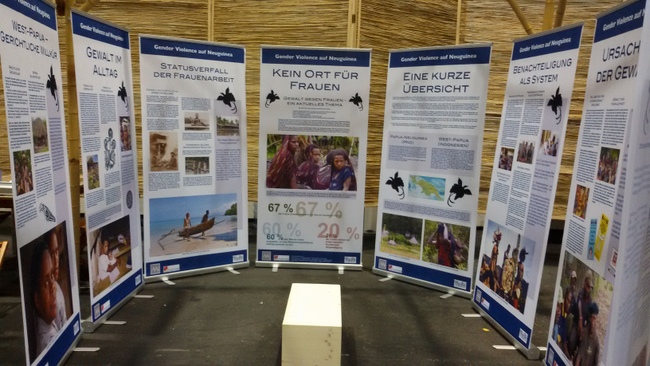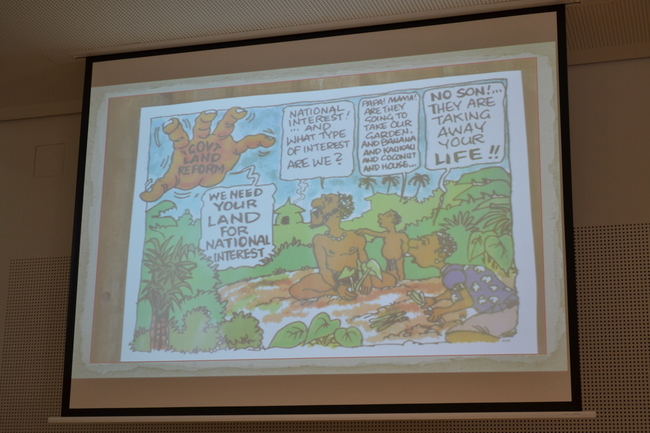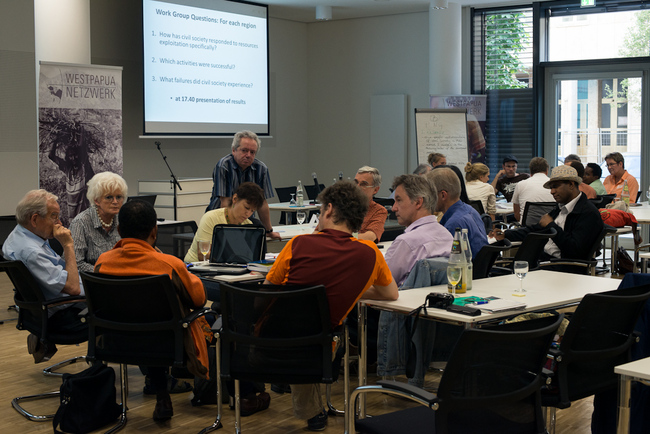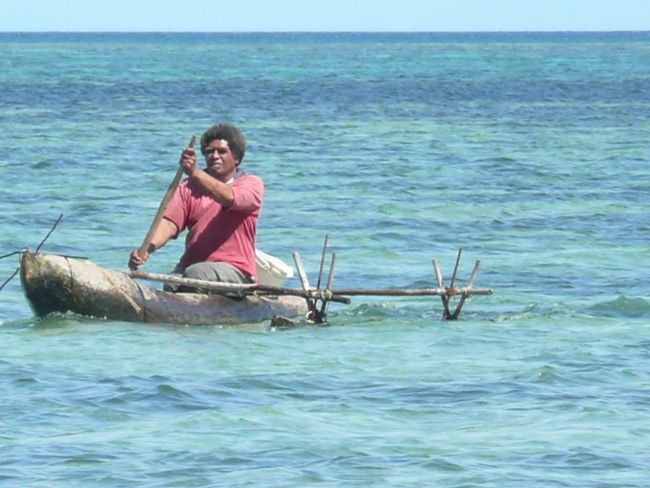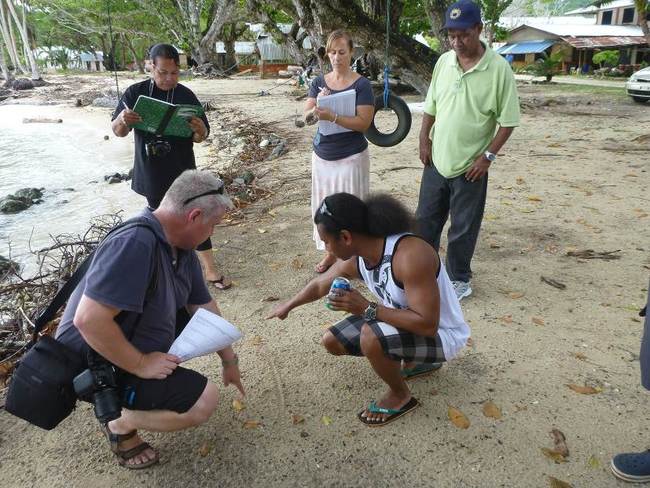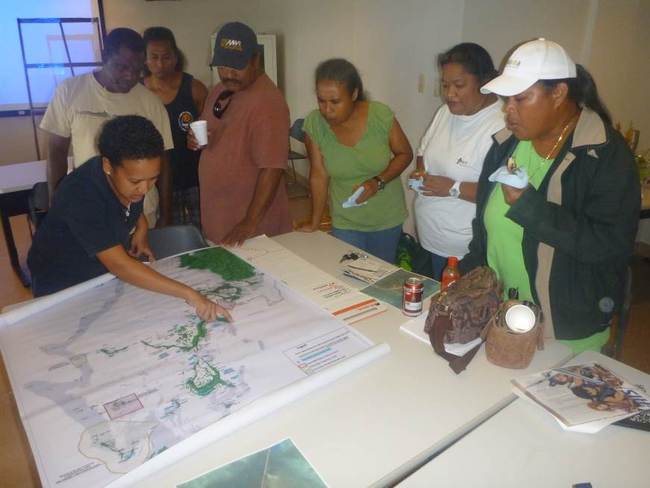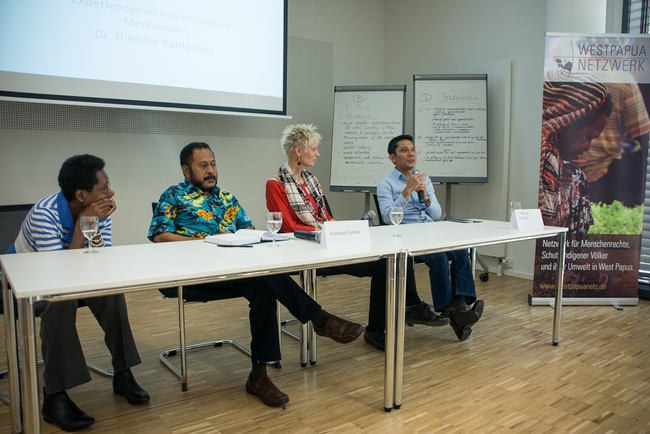In 13 Jahren keine Wälder mehr in PNG?
19.06.2008: Quelle: The Australian, 03.06.08
Papua New Guinea's forests all but gone in 13 years
Greg Roberts, June 03, 2008
PAPUA New Guinea is losing its accessible forests so quickly to logging and farming that more than 80 per cent will be gone within 13 years.
A five-year study by experts from the Australian National University and the University of Papua New Guinea Remote Sensing Centre has found PNG is losing 362,400ha of forest a year, equivalent to 1.4 per cent of its land area.
The study, the first to measure forest loss in PNG through satellite imagery, found the rate of land-clearing was "considerably faster" than previously estimated.
A report on the study, titled the State of the Forests of Papua New Guinea, released at a conference in Port Moresby yesterday, raises doubts about the effectiveness of programs funded under Australia's $200 million international forest carbon initiative.
Indonesia and PNG are the main focuses of the initiative, and Kevin Rudd is expected to raise deforestation during his visit to Jakarta later this month.
In April, Canberra and Port Moresby signed a carbon partnership to reduce emissions by tackling land-clearing in PNG. But the benefits of including PNG in carbon trading were questioned by the report's senior author, PNG Remote Sensing Centre director Phil Shearman.
"It's fair to wonder why the PNG Government should be compensated after encouraging the logging industry for so long in the past, or why it should get paid in the future to conserve forest that cannot be reached and would never have been logged anyway," Dr Shearman said.
"The reality is that forests arebeing logged repeatedly and wastefully with little regard forthe environmental consequences, and with at least the passive complicity of government authorities."
The study, which analysed the results of high-resolution satellite imagery across PNG between 1972 and 2002, concluded the country was a "long way from being able to meaningfully participate in the carbon economy".
Logging accounted for the destruction of 3.8 million hectares of forest - almost half the area lost over the 30 years.
As PNG's population increased from 2.7 million to 5.6 million between 1972 and 2002, 3.6 million hectares of forest were lost to subsistence farming.
Forest fires destroyed a further 347,000ha, and 150,000ha were lost to tailings pollution from the Ok Tedi copper mine.
PNG's supposed protection of 1.3 million hectares of forest in reserves is meaningless, the report says. "All parts of the country have been considered open to exploitation, even within gazetted nature reserves."
Claims by the logging industry that forests can be cut sustainably on a 30-year rotational period should be disregarded, the report says. A "tipping point" has been reached over much of PNG, where the degradation of forested land was essentially irreversible.
"It will not be long, perhaps in the lifetimes of the country's current leaders, before the ecology of large portions of the country has been degraded permanently," the report says.
PNG Prime Minister Michael Somare, whose family is involved with the logging industry, declined to comment yesterday.
PNG Forest Minister Belden Namah welcomed the report, but said its findings would make many uncomfortable. "If this report is the bitter pill we need to swallow to ensure we maintain our forests into the foreseeable future, then so be it," Mr Namah says in a foreword.


